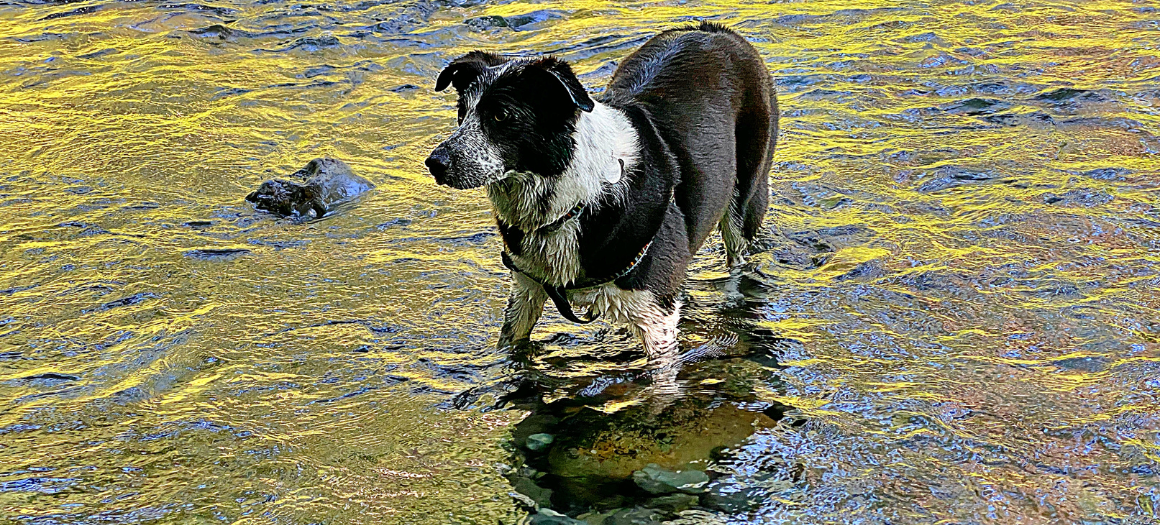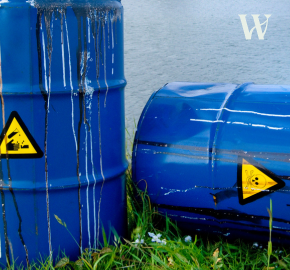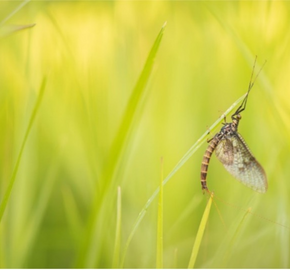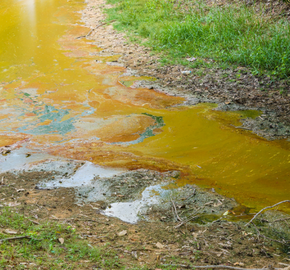WildFish to prioritise work on veterinary medicines and pesticides

It has become clearer over the years that the risks to aquatic ecology in UK freshwaters from pesticide and veterinary medicine residues have been growing and that this issue is not being dealt with effectively by the regulators.
What’s not always appreciated is that the active chemicals in veterinary medicines and what are termed ‘plant protection products’ (herbicides, insecticides and fungicides) are often the same chemicals. They can also appear in biocides (like cockroach poisons, wood preservatives and the like).
Over decades, we have stumbled along, repeating the same pattern of licensing a new type of wonder ‘active’ chemical, only to find after a few years use, that the environmental and ecological impact of using that new chemical is rather more serious than the manufacturers led the regulators to believe it would be…
That has been the pattern with the organochlorines, the organophosphates and the neonicotinoids.
Most recently, we see widespread contamination of rivers, at ecotoxicologically-significant concentrations, caused by veterinary medicines sold ‘over the counter’ and via the internet for flea treatment in pets. Both ‘actives’ involved here are highly toxic to aquatic invertebrates.
WildFish has already started significant work on this whole area.
The first step has been to find out what is being used, where and in what quantities.
WildFish lawyers secured a huge legal victory to allow access to farmers’ pesticide records last year and we will be at the Tribunal in the autumn to ensure that access to farmers’ pesticide use records under freedom of information law is protected in the face of an appeal from the Health and Safety Executive (which polices the use of plant protection products).
WildFish lawyers are also looking in very great detail at the regulation of veterinary medicines in general – we will be publishing our findings and recommendations later this year.
Allied to that, the legal team has been looking specifically at how the Veterinary Medicines Directorate (VMD) (which polices the use of veterinary medicines) has responded to the widespread contamination of UK rivers with those flea treatment chemicals. The response of the VMD to WildFish questions has been both underwhelming and extraordinary.
Underwhelming, as it appears that almost nothing has been done beyond asking people to use flea treatment less, which is highly unlikely to work, given the aggressive marketing tactics of the manufacturers, suggesting we should treat our dogs and cats prophylactically, when most vets would say they don’t need treating.
Extraordinary, in that to provide information on its formal regulatory response over the period 2020 to 2025 to the pet flea treatment issue, the VMD has suggested it would take them 4,700 hours to provide that information, so our request for information has been refused.
The mathematicians among you will spot that 4,700 hours equates to just under three years of a full-time person, working exclusively on the WildFish request for information – and doing nothing else. By any yardstick, a fairly ludicrous response from the VMD that you will be unsurprised to learn WildFish has immediately referred to the Information Commissioner.
So, there is a very great deal of work to be done here, and we have just begun to break ground, but we are already making progress and you can be assured that WildFish lawyers will take an uncompromising position on the contamination of our waters by veterinary medicines and pesticides, in order to protect wild fish.





Hello Guy, be great to share progress with you. I’ve been campaigning on this for about three years no w and been pressing DEFRA through my supportive MP who happens to sit on the efra select committee and is pushing to have the poor approach from DEFRA/VMD properly scrutinised and challenged for its adherence to the narrative of the vet med pharmaceuticals lobby. Let’s talk if you have time